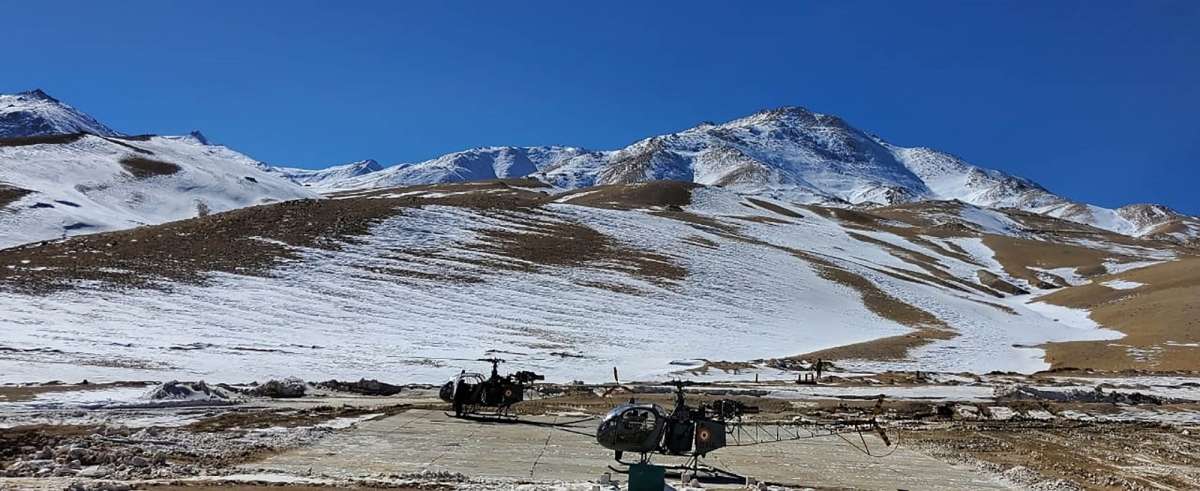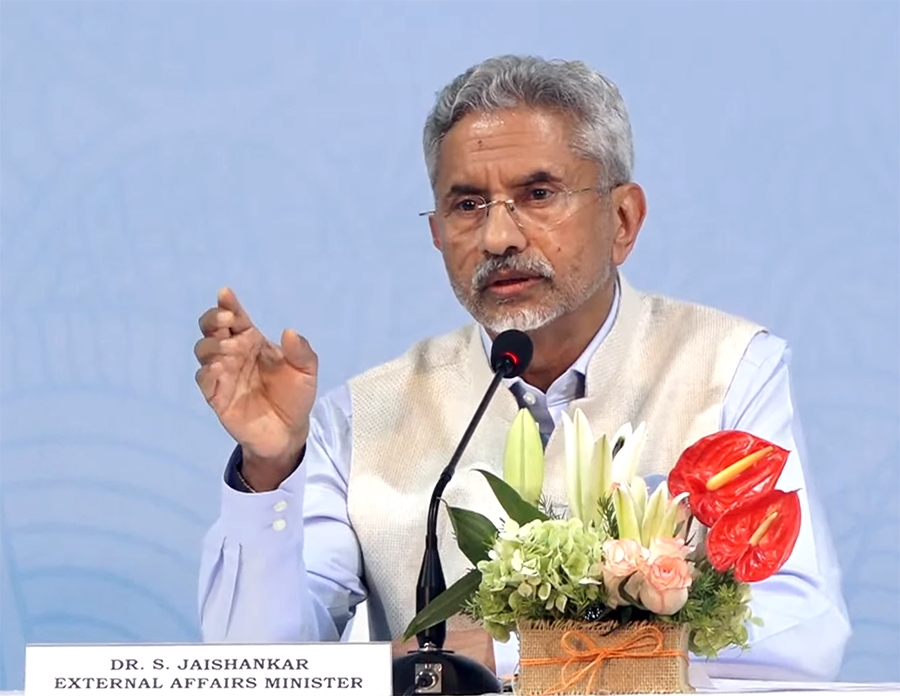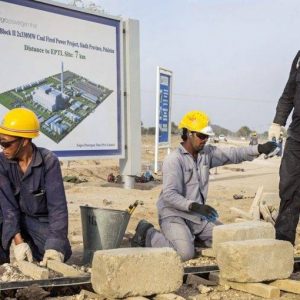The two sides also agreed to continue discussions through military and diplomatic channels…reports Asian Lite News
The working mechanism for consultation and coordination on India-China Border affairs (WMCC) on Wednesday reviewed the situation along the Line of Actual Control (LAC) in the Western Sector of the India-China border areas and discussed proposals for disengagement in remaining areas in a frank and open manner.
The 27th meeting of the WMCC was attended by the Joint Secretary (East Asia) from the External Affairs Ministry, who led the Indian delegation.
During the in-person meeting held in Delhi, both sides noted that restoration of peace and tranquility will create conditions for normalising bilateral relations.
In order to achieve this objective, in accordance with existing bilateral agreements and protocols, the two sides agreed to hold the next (19th) round of senior commanders meeting at an early date.
The two sides also agreed to continue discussions through military and diplomatic channels.
The Chinese delegation was led by the director general of boundary and oceanic affairs in the department of the Chinese Ministry of Foreign Affairs.
In April, Defence Minister Rajnath Singh told his Chinese counterpart, General Li Shangfu that all issues at the LAC need to be resolved in accordance with existing bilateral agreements.
Rajnath Singh categorically conveyed that development of relations between India and China is premised on prevalence of peace and tranquillity at the borders.
According to the Defence Ministry, he added that all issues at the LAC need to be resolved in accordance with existing bilateral agreements and commitments. He reiterated that violation of existing agreements has eroded the entire basis of bilateral relations and disengagement at the border will logically be followed with de-escalation.
The repeated attempts by China’s People’s Liberation Army (PLA) to violate the Line of Actual Control (LAC), leading to tension in Ladakh, had spurred the institution of the Corps Commander-level meetings.
During the 18th Corps Commanders-level talks in April, India had sought de-escalation in which additional troops and equipment will be withdrawn to resume the status of April 2020. However, China has not agreed and wants the present holding positions to be recognised.
At the meeting, the Ladakh-based Fire and Fury Corps Commander Lt Gen Rashim Bali led the Indian side.
It is understood to have raised the issue of the Depsang plains, Demchok and disengagement by both sides.
ALSO READ-Trade growth highlighted in India-Bahrain foreign office talks













